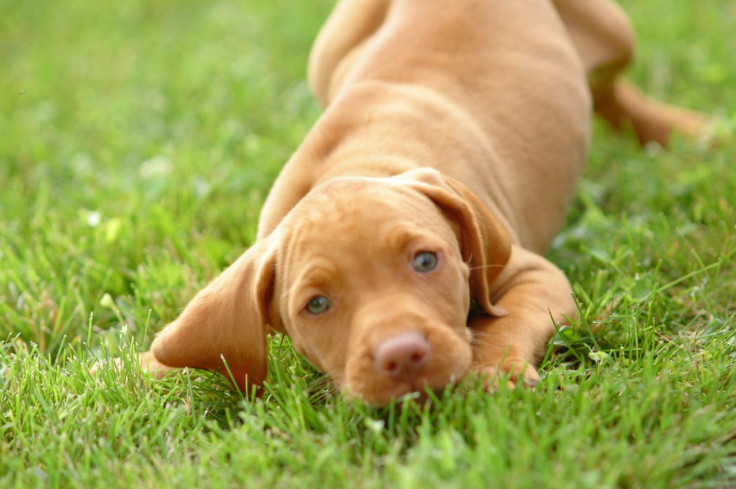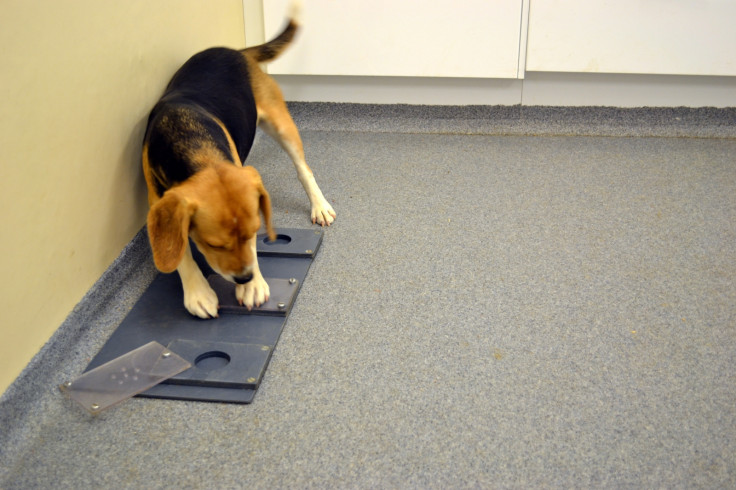This is why your dog loves you so much
Dogs have specific genes that make them more willing to engage in contact with humans.

Scientists have discovered why dogs become "man's best friend" so easily. They say specific genes may drive the development of human-directed social behaviours in dogs – making them seek close proximity to humans as well as affection.
Dogs are the oldest domesticated animals, initially becoming the faithful companions of humans sometime between 13,000 and 30,000 years ago. Over the years, their privileged position as our favourite pets has led dogs to develop unique abilities to communicate and cooperate with us.
In the study published in Scientific Reports, researchers have now found a new explanation for dogs displaying particularly social and attention-seeking behaviours. Indeed, they have identified regions of the genomes which they say are linked to the development of such behaviours.
Unsolvable task
The team, from the University of Linköping, Sweden, studied 500 laboratory beagles. They investigated the likelihood that they would initiate contact with humans during an unsolvable-problem task.
The dogs had to slide three lids open in order to obtain treats in the containers underneath, but one of the lids had been put in such a way that it could not open.
The researchers recorded the willingness of dogs' to seek physical contact with a person in the room when the going got too tough.
They then performed a genome-wide association study, analysing the genome of 190 of these beagles to test whether dogs who displayed the friendliest behaviours towards humans shared specific genes. They identified two regions in the genome of beagles, containing a total of five genes associated with human-directed social behaviours.

Specifically, a genetic marker within a gene known SEZ6Lwas linked to greater time spent in physical contact with humans. Two markers located within the gene ARVCF were also associated with human contact-seeking.
While more research needs to be conducted to confirm these findings, with different species of dogs, this large study represents one of the most robust evidence to date of a link between dog's affectionate behaviour and their genetic make-up.
© Copyright IBTimes 2025. All rights reserved.






















